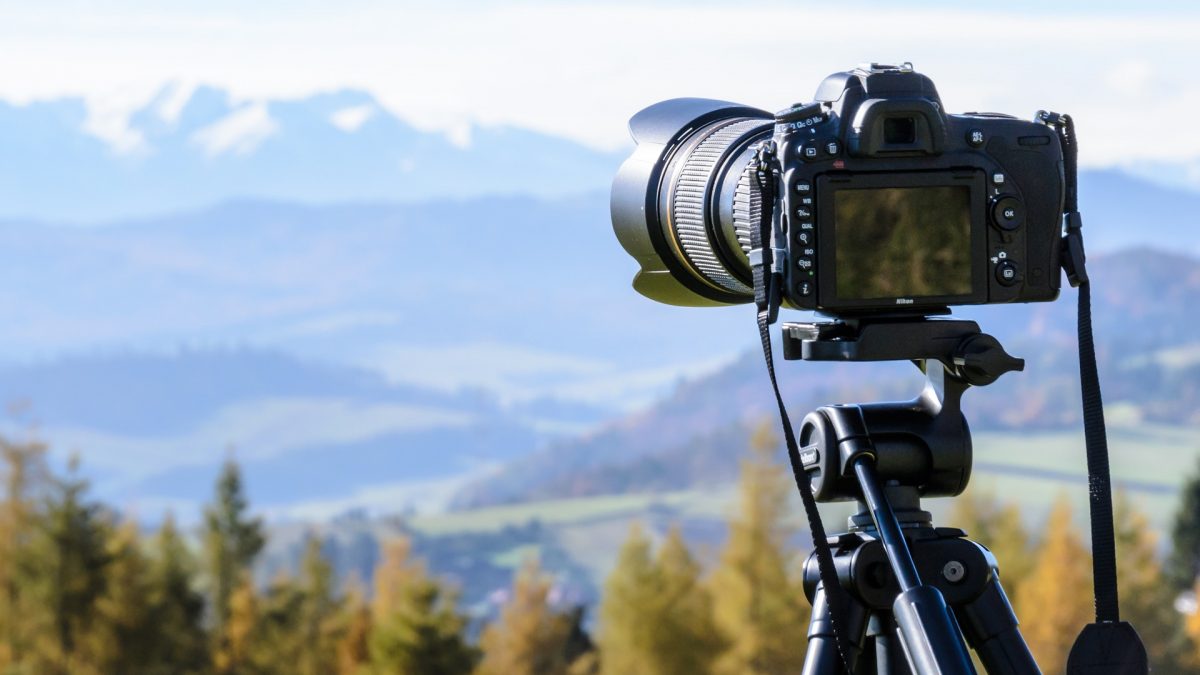
A lot of talk has been swirling around throughout all large industries regarding the potential uses of artificial intelligence. Within the film business, there has been a lot of conjecture regarding just how much AI can be used and for what.
Already, the leading AI-assisted moviemaking companies have developed solutions to help with a range of data-related tasks such as actor selection, gross earnings predictions, and finding the right distributor for a project.
These state-of-the-art tools have already shown incredible degrees of accuracy, up to 86% in some cases, and are already being used by film professionals to improve their movies.
But what about the potential uses for artificial intelligence and machine learning in the future? Well, this is a huge topic so we will focus on one area today, that is, can artificial intelligence decide on the perfect camera shot?
Artificial Intelligence as a Tool
As mentioned in the introduction, AI and ML are already hard at work helping movie industry professionals to understand their projects and target audience better.
Leading AI-assisted moviemaking company Largo.ai’s CEO Sami Apra has already publically stated his company’s goal of democratizing the use of this technology by providing access to all segments of the industry via a SaaS service.
Not only will this help to prevent a rapid takeover of the industry by companies such as Netflix, but it will also actually help to build a healthier industry on all levels, from the small independents, all the way up to the big production blockbusters.
With this intent, it is clear to see that AI tools are not being created by some evil Bond villain to end the world but rather to help the industry to understand its audiences better and therefore not only to thrive but to survive.

Can AI Really Decide the Perfect Shot?
There is no doubt that you are familiar with image recognition technology since it is very likely that you already use it on your phone apps in some form or another.
Whether this is to digitally add fake rabbit ears or beards to your face or having to verify your internet bank, you have likely used facial recognition in some form or another before.
Well, this technology is based on AI and machine learning. It represents a system that has been trained to identify the specific parts of faces in order to make an identification.
This information can then be cross-referenced with an ID database in order to make an actual identification or to track that individual in any given area where there are cameras, or just to add a silly mustache to them, etc.
Precisely the same technology could be used to analyze and decide on the best movie angle or shot for any given moment in a scene.
Before all you directors shout “See! There goes my job!”, it is important to keep in mind that AI learns from past data and so can only make predictions based upon that.
So, for example, it is theoretically possible to teach an AI to decide upon the shots a certain director such as John Hughes would use based on his past films. However, the same system will find it incredibly difficult to try to decide upon an original shot that a director has never used before.
As such, the system will always be limited to the data it has to work from, and this is precisely where creativity and ingenuity can outdo AI.
Indeed, one could use this as an argument to suggest that AI tools such as these would actually stoke creativity rather than killing it, as human artists would have to be increasingly creative and original with each new film.
While there are attempts to create creative AIs, being able to train an AI to understand popular events that have not yet been represented onscreen to represent them in an original manner that really hits the mark with a wide audience will be incredibly difficult.
Can AI be Be Better Than Humans?
The title question was a very deliberate one – Can artificial intelligence decide on the perfect camera shot? The word ‘perfect’ was deliberately included to bring the question down to a human vs. AI comparison.
Since this is the big fear that is inhibiting the mass adoption of AI technologies, which have been designed to improve the health of the overall global film industry, this battle to be ‘perfect’ is what it really comes down to in the end.
It is certainly true that AI can be taught to decide the best shots for scenes. However, can they be taught to become better at it than humans?
Well, the answer is naturally a very complex one. Since pioneering directors often create the weather so far as what we come to love (just think how the Bourne films or The Matrix changed the way action films were shot), ironically, often because these directors are utilizing the latest technologies to create these shots, and you can see that innovation is always key.
Indeed, the action genre is the ideal example to highlight this point. The pace of action films today is such that an action film of the past such as Bullitt (1968) is not likely to be viewed as such by nearly any of today’s younger audiences.
The question of whether an AI could be trained sufficiently to understand human viewing habits and to predict what we are likely to want to watch is also not easy to answer. It seems unlikely that AI will be able to create shots for anything but those very predictable superhero films for a long, long time yet.
When it comes to shots, it also seems unlikely that an AI is going to be able to devise original and enthralling camera shots for a long, long time yet.
So provided that directors keep pushing the boundaries of their creativity, their jobs are safe for a long, long time yet too.





Stay connected